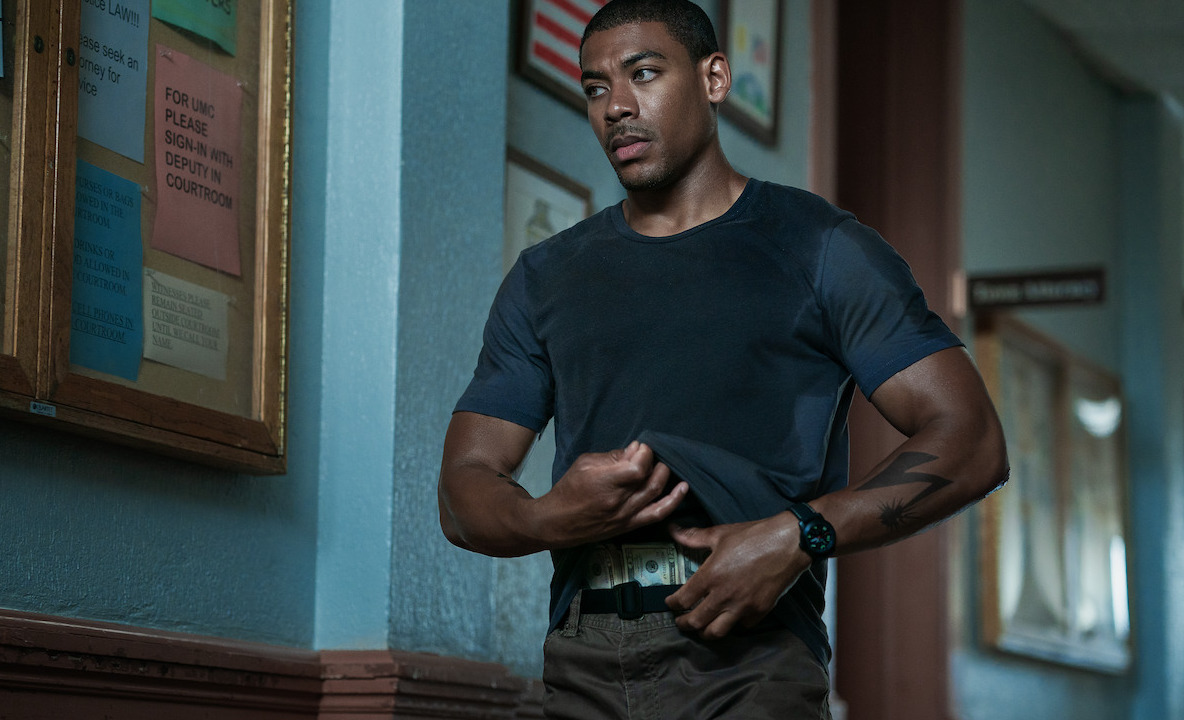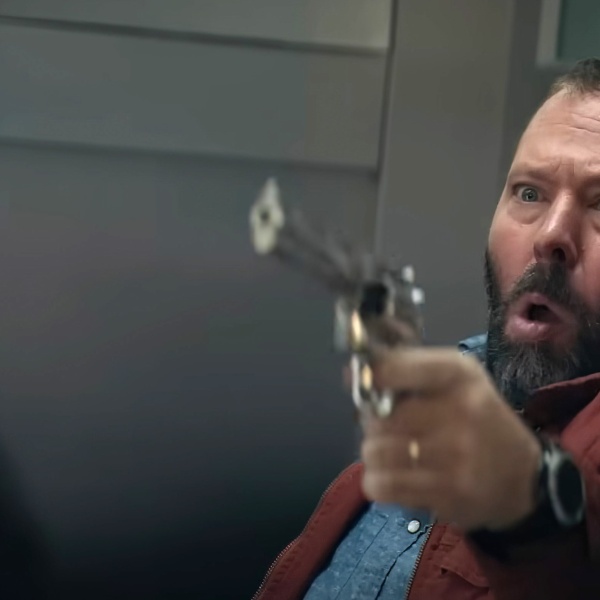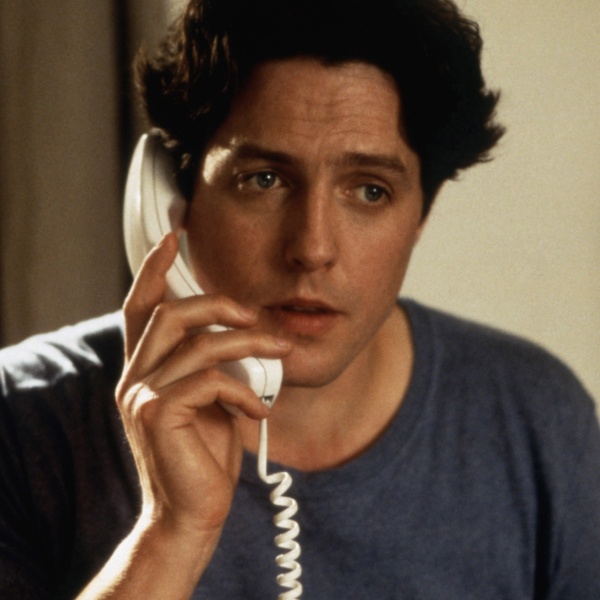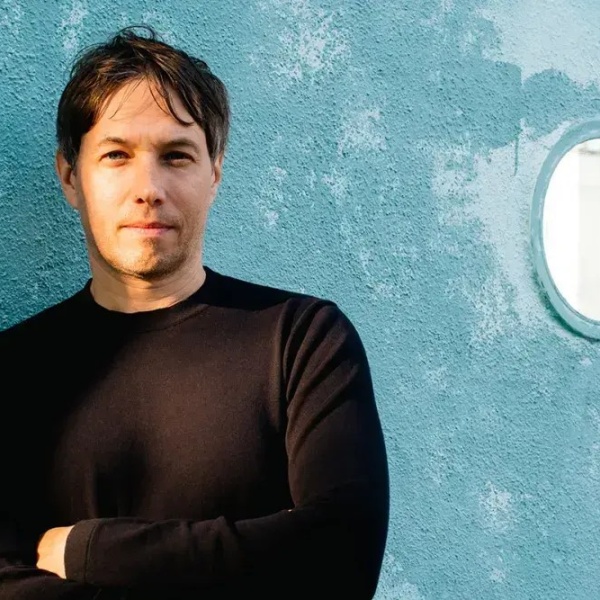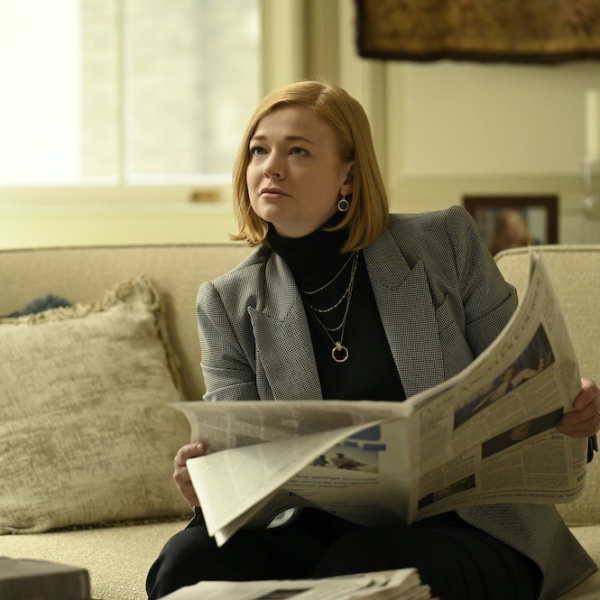The films of Jeremy Saulnier have staked out a unique space in film culture over the last decade. They’re not supernatural or overtly horrific enough to be classified as “Elevated Horror” (that once-proud moniker that now garners nearly as much derision as fawning), but calling them “Elevated Suspense” feels about right. And Saulnier’s films even share a favorite trope with Alfred Hitchcock, the Master of Suspense himself: that of the wrong man in the wrong place at the wrong time.
That’s the initial grip of Saulnier’s latest thriller, the Netflix film “Rebel Ridge,” which stars Aaron Pierre as Terry, a man who runs afoul of local law enforcement in a small Louisiana town after he commits the crime of riding a bike while Black. The officers who stop Terry illegally search him and find over $30,000 in cash, which they seize even after Terry explains that he got the cash from selling his truck, and he’s on his way to the courthouse to bail his cousin out of jail.
Terry heads to the station in the hopes that cooler heads can prevail, but with a southern police chief played by a loving-every-second-of-it Don Johnson, that’s probably not in the cards. So it’s time for Plan B, and that’s when the other shoe drops — not only is Terry a US Marine, but he actually ran the Marine Corps Martial Arts Program. (There’s a memorably comedic moment when the cops find out what the MCMAP acronym on Terry’s record actually stands for.) Suffice to say, Terry’s version of Plan B is the stuff that genre movie dreams are made of.
That Terry is so profoundly capable of unleashing hell on these small-town cops is the most interesting difference between “Rebel Ridge” and Saulnier’s other films, but it’s also, in a way, the most anticlimactic difference as well. Saulnier’s other protagonists were woefully ill-equipped for the circumstances they found themselves in. Be it the homeless man with PTSD in “Blue Ruin” enacting revenge on a redneck family, or the punk band in “Green Room” suddenly fighting off a small army of neo-Nazis trying to kill them, the fundamental lack of both strategy and ability in these characters is the main generator of tension.
There’s no lack of a strategy in “Rebel Ridge,” as Terry gradually reveals himself to be an almost Jason Bourne–like adversary for Don Johnson and his officers. But Terry being good at this sort of thing means “Rebel Ridge” is never punctuated with the sudden, graphic outbursts of violence that have characterized Saulnier’s other films, and that lack of well-timed shock value feels like a glaring absence at times. Terry has a particular set of skills, and one of those skills is minimizing collateral damage. That’s a great skill for real life, but it might not be one you’d want in a Jeremy Saulnier film.
But that’s a minor quibble for a film that’s immensely satisfying in so many other ways. Aaron Pierre, who co-starred in Barry Jenkins’ “Underground Railroad” and the criminally under-seen Canadian film “Brother,” is magnetic here. John Boyega was originally cast as Terry, but Pierre makes the role so thoroughly his own that it’s difficult to imagine anyone else pulling it off. He commands the screen with a handsome authority, somehow managing to exude both coiled tension and serene cool at the same time. It’s easy to understand why Jenkins — known for his unflinching facial gazes — loves Pierre so much. (Pierre will next voice the titular Mufasa in Jenkins’s upcoming “Lion King” prequel.)
The elephant in the room when it comes to “Rebel Ridge” is the film that it’s so clearly in conversation with, 1982’s “First Blood,” but that’s also a bit of a feint by Saulnier. At first Terry’s run-in with the cops looks like a product of pure racism, just as Rambo’s first altercation with the small-town sheriff played by Brian Dennehy was a product of xenophobic bigotry. But with the help of an eager law clerk (AnnaSophia Robb), Terry eventually uncovers a larger conspiracy of corruption within the police department and the local court system.
In some ways this undercuts the racism angle that the movie draws you in with, but it also opens a fascinating can of worms. Written before the murder of George Floyd but very much in dialogue with the national debate about police funding that was reignited by his death, “Rebel Ridge” leverages a corrupt example of asset forfeiture into a damning portrait of police entitlement; it’s a muscular, high-octane story about cops living above the laws they’re paid to enforce, and growing more desperate and dangerous with every threat to their unchecked power.
The title of the film refers to the field where the final confrontation between Terry and the corrupt cops is set to take place, and the unique terror of rural isolation is one of Saulnier’s favorite themes. His films have taken place in backwoods Virginia, backwoods Oregon, small-town Alaska, and now small-town Louisiana, and Saulnier weaponizes these locations as if they were Nakatomi Plaza; his characters are trapped there with the bad guys, and no one is coming to help. But that’s just another expectation from Jeremy Saulnier’s own filmography that the writer/director enjoys subverting in “Rebel Ridge.” Terry isn’t trapped in Shelby Springs, Louisiana with a group of corrupt cops. They’re trapped in Shelby Springs with him. And it’s explosively fun to watch the tables turn.
Grade: B+
“Rebel Ridge” will be available to stream on Netflix starting Friday, September 6.
